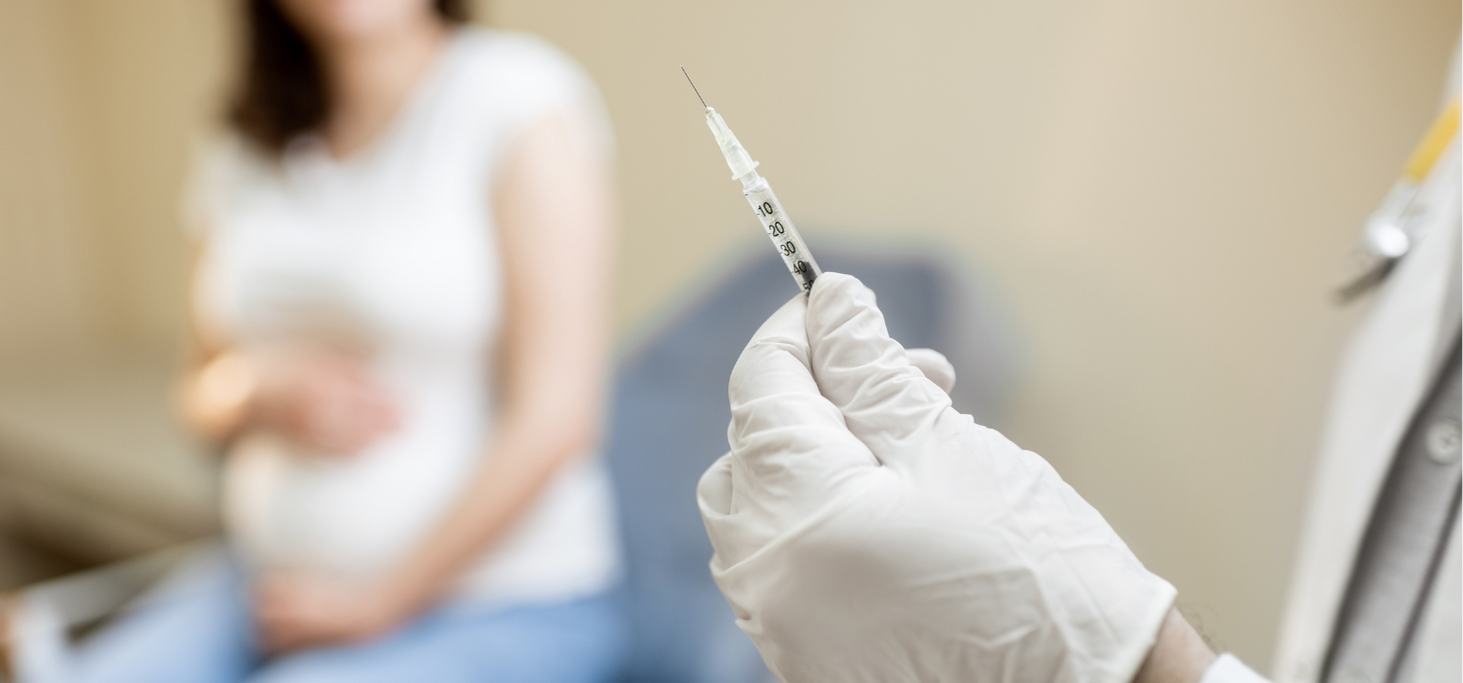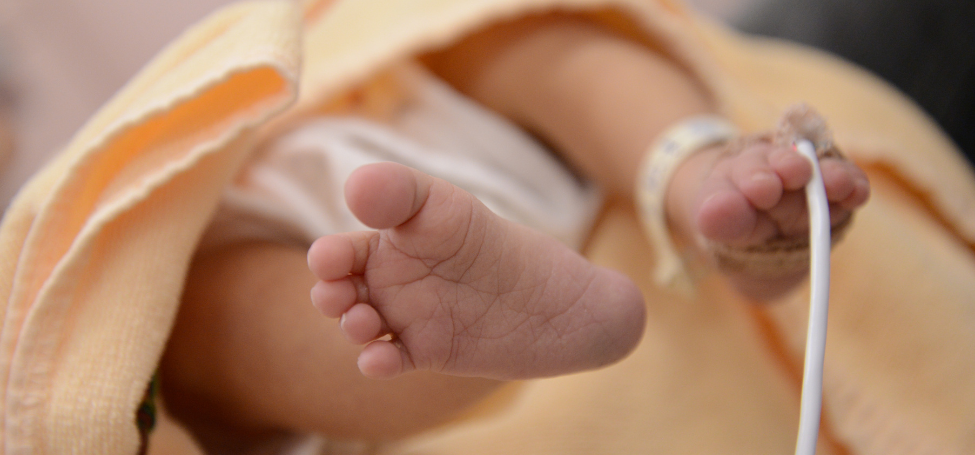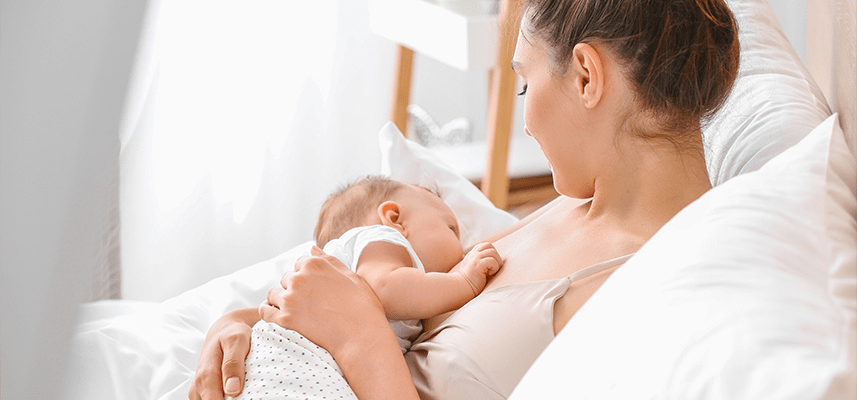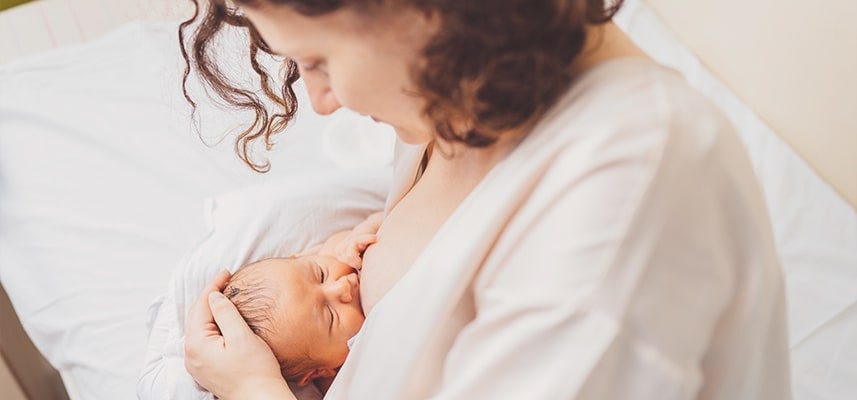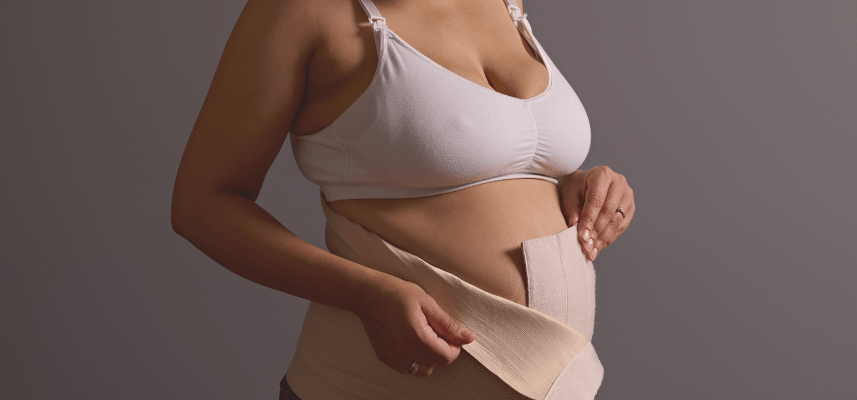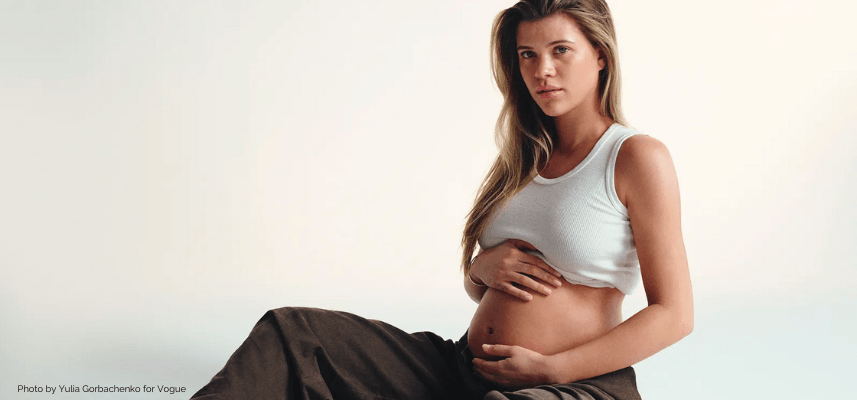With an overwhelming amount of information and assumptions about the safety of the COVID-19 vaccines circulating, it may be difficult to decipher facts from opinions during the pandemic. Understandably, many new and expectant moms have questions. We’ve worked with leading medical experts to gather answers from sources you can trust.
In fact, guidance from Aeroflow Breastpumps' Medical Director, Dr. Jessica Madden, has been featured widely. You can view her insights in news stories from BabyChick, MSN, Insider, and more!
COVID-19 vaccination is recommended for all people 12 years and older, including people who are pregnant, breastfeeding, trying to get pregnant now, or might become pregnant in the future, according to the Centers for Disease Control and Prevention (CDC).
Do the benefits of getting a COVID-19 vaccine outweigh the risks?
Women who are pregnant or who have recently been pregnant have an increased risk of becoming severely ill (severe illness means requiring hospitalization, being placed in the intensive care unit (ICU), needing a ventilator, or resulting in death) with COVID-19 compared with non-pregnant people.
Though the current data is limited but growing, the findings suggest that the benefits of getting the COVID-19 vaccine during pregnancy outweigh any known or potential risks from getting the vaccine.
From the CDC:
- In studies of animals receiving the Pfizer-BioNTech, Moderna, or Johnson & Johnson (J&J) vaccines before or during pregnancy found no safety concerns for the pregnant animals or their babies.
- In previous clinical trials, pregnant people who were given vaccines that use the same viral vector as the Johnson & Johnson vaccine had no adverse pregnancy-related outcomes.
- Moderna and Pfizer-BioNTech are mRNA COVID-19 vaccines. Early data shows that there’s a reduced risk for infection if a woman receives an mRNA COVID-19 vaccine during pregnancy.
Dr. Madden adds, “Getting vaccinated during pregnancy might actually be beneficial to the fetus. There is an increasing number of reports of babies born to vaccinated mothers having protective IgG antibodies in their bloodstreams. These antibodies travel from mother to baby during pregnancy via the placenta and likely protect against infection.” This is because when a pregnant woman is vaccinated, her body builds antibodies against COVID-19 that can then be found in umbilical cord blood, meaning the mothers’ vaccines might help protect their babies against COVID-19.
Could I get COVID-19 from the vaccine?
No, the COVID-19 vaccine does not cause recipients to contract COVID-19 and does not contain the live virus. Additionally, the vaccine acts locally, meaning it won't "enter into cells' nucleus, thus it has no effect on DNA," said Dr. Jessica Madden.
What research has been done on pregnant women receiving the vaccine, and what are the outcomes?
“To date, the Centers for Disease Control (CDC) and vaccine manufacturers have not found safety concerns surrounding the administration of the vaccine to pregnant women,” said Dr. Madden.
As more data is collected, the results look promising. The New England Journal of Medicine published a report of the outcomes of over 35,000 pregnant women who were vaccinated against Covid between December 2020 and April 2021. In regards to those results, Dr. Madden said that the rates of adverse pregnancy outcomes, including miscarriage and preterm birth, were found to be the same in pregnant women who received the Covid vaccine and unvaccinated pregnant women.”
Will the vaccine hurt my unborn baby?
“If you choose to get vaccinated during pregnancy, your risk of post-vaccine side effects is the same as for non-pregnant people. The most common side effects include arm pain at the injection site, headaches, fevers, muscle pains, and fatigue. Despite rumors floating around the internet, the fever that develops after getting vaccinated is not high enough to hurt your developing baby,” Dr. Madden said.
The CDC advises that if you do receive a COVID-19 vaccine during pregnancy and experience fever, it’s recommended you take acetaminophen (Tylenol) because a fever, for any reason during pregnancy, has been associated with adverse outcomes. Dr. Madden agrees, adding “If you experience post-vaccine side effects, the best way to treat symptoms while pregnant is with acetaminophen (Tylenol). Pregnant women cannot take ibuprofen, or other similar drugs, due to linkage with heart and lung problems in newborns.”
What do other experts suggest?
The American College of Obstetricians and Gynecologists (ACOG) and the Society for Maternal Fetal Medicine (SMFM) both recommend pregnant women receive the COVID-19 vaccine. SMFM states that getting vaccinated is the “best way to reduce the risks of COVID-19 infection and COVID-related complications for both you and your baby.”
Is it safe to get the COVID-19 vaccine while breastfeeding?
Recent reports have shown that lactating women who have received mRNA COVID-19 vaccines have antibodies in their breast milk, which could help protect their babies. “The CDC and other medical authorities state that the vaccines are not thought to pose a risk and that any theoretical concerns don’t outweigh the potential benefits of receiving a vaccine. There’s no need to stop breastfeeding if you decide to get vaccinated,” said Dr. Madden. “Since the mRNA vaccines (from Pfizer and Moderna) don’t contain any live virus, it’s impossible for mothers and their breastfed babies to get infected with coronavirus from the vaccine.”
Is the vaccine safe if I’m trying to conceive, or if I plan to get pregnant in the future?
There is currently no evidence that any vaccines, including COVID-19 vaccines, cause fertility problems in women or men. “Researchers from Northwestern University recently published a study of 84 women who received the Covid vaccine while pregnant. In their research, pregnant women’s placentas were not affected by the vaccine. These encouraging results debunk the myth that the Covid vaccine causes infertility (pregnancy loss) by attacking the placenta,” said Dr. Jessica Madden.
Where can I find more information about vaccine safety?
- Visit the CDC website for the most up-to-date recommendations and research. Also, you can be part of the continuing research! The CDC encourages pregnant women who receive the vaccine to enroll in the v-safe pregnancy registry, which is a smartphone-based tool that uses text messaging and web surveys to provide personalized health check-ins after vaccination. It was established to gather information on the health of pregnant people who have received a COVID-19 vaccine.
- View the complete list of articles that feature insights from Dr. Jessica Madden, Medical Director at Aeroflow Breastpumps, here.
- Talk to your healthcare provider about any questions or concerns you may have. Do note, however, that you do not need a recommendation from a healthcare provider to receive the COVID-19 vaccine while pregnant or breastfeeding.


